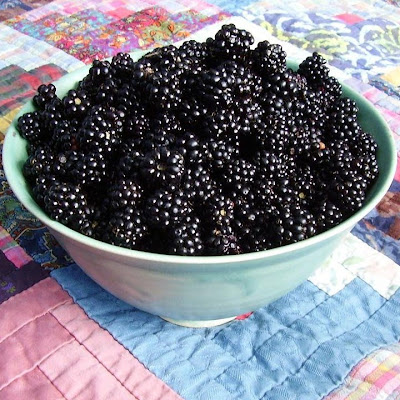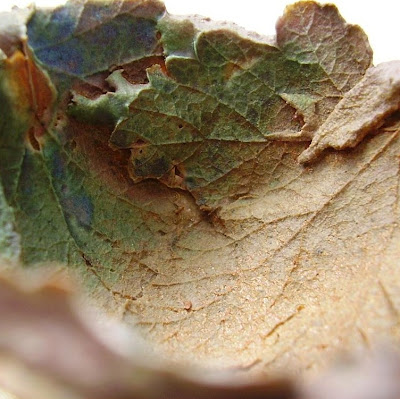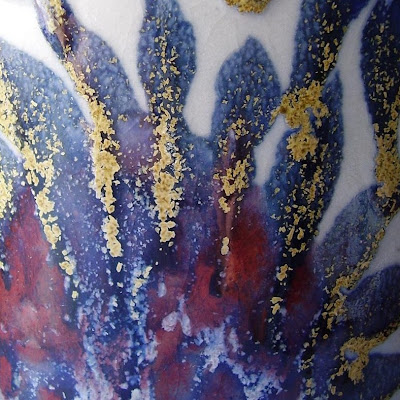
I haven’t given in to my addiction to things ceramic for a few years but I have just parted with £25 to help out a talented potter called Kirsty Badham. Her kiln came over all chaotic recently and destroyed some pots-in-progress. In an effort to raise the funds to repair it, Kirsty has offered to make a bowl in return for each of the 100 pledges of £25 that she receives through this site:
http://www.pledgeforapot.co.uk/

Now, I am trying to be helpful by doing this but I also see this as an opportunity to buy a unique and lovely thing at a bargain price - I’m not stupid - at a time when things are rather tight (I have yet to break the news to The Attached One that I have taken this course). In fact, if money was no object I know that we would not be able to move for things ceramic. I’m not sure how or when this need to own pots developed, it may have started at the British Museum where I fell in love with ancient pieces such as those made by the Beaker People. I expect Freud and Jung would see connections with wombs or similar but that’s all too complicated for me. I just like pots.

The last investment of this kind was a week’s wages spent on a bowl by Julia Jefferson. I needed a salad bowl and it occurred to me that I could eat from something handmade and beautiful rather than mass produced. It means a lot of careful hand washing but I still love it. When we brought it home I couldn’t stop looking at it and it seems to have been made for blackberries.

When I actually got the chance to make pots myself things just got worse. I don’t want to mislead you, don’t imagine that I am capable of slapping a lump of clay onto a potter’s wheel and turning it into something resembling a bowl. My efforts were restricted to pieces built from slabs or formed in plaster moulds, incorporating leaves and fabric dipped into slip (liquid clay). As far as I was concerned it was choosing the glaze that was the fun part.


Once I left college (and free access to a kiln, clay, glazes and knowledge) I had to buy my pots from other people, often potters who had stalls at festivals and fairs. I went through an unfortunate phase when I bought every chipped and manky piece of 1930’s crockery that I could find for 50p at car boot sales. Most of these are now living in boxes under my work room table. No Clarice Cliff unfortunately.


Some unusual items have made it onto the walls and into a display cabinet. I dream of eating from plates made by Sean Miller, an urban potter based in my area and one day that will happen. Until then I drool as I sit in front of the screen, perusing craftsmen potter sites. It has been a while so I think I deserve one of Kirsty’s bowls. Can’t wait to see it…

 A
A















